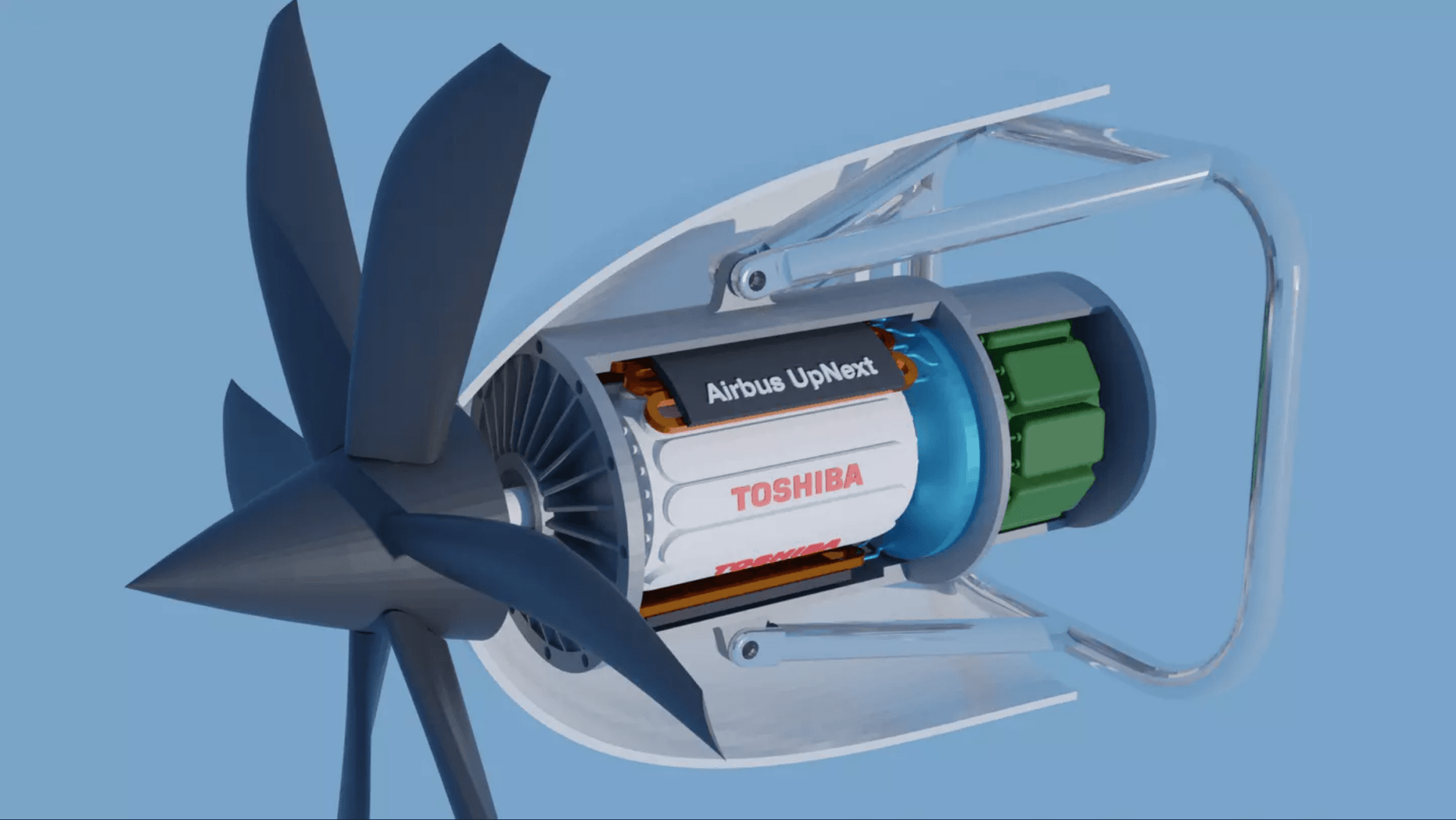Airbus UpNext has teamed up with Toshiba Energy Systems & Solutions Corporation to work on superconducting technology aimed at future hydrogen-powered planes. The main goal of this collaboration is to enhance the efficiency of electric propulsion systems, utilizing hydrogen as both the fuel and a cooling medium. This innovation is anticipated to help the aviation sector move toward decarbonization and achieve net-zero emissions by 2050.
Benefits of Superconducting Technology
Superconducting technology, which allows for electricity to move with nearly no resistance, offers several benefits, particularly for hydrogen-powered aircraft. When liquid hydrogen is cooled to -253°C, it can power the aircraft while also enabling almost perfect power transfer in electric systems. This leads to significantly improved overall performance.
Comments from Airbus
Grzegorz Ombach, who is the Senior Vice President at Airbus, mentioned that collaborating with Toshiba opens up new avenues beyond the existing limits of electric motors, paving the way for innovative aircraft designs. The primary aim of this partnership is to co-develop a two-megawatt superconducting motor, which could represent a major advancement for hydrogen-powered aviation.
Future of Aviation
By joining forces, these companies could offer practical and inventive solutions that might help in decarbonizing the aviation industry. Their collaboration was officially confirmed at the Japan Aerospace event in 2024.


Leave a Reply